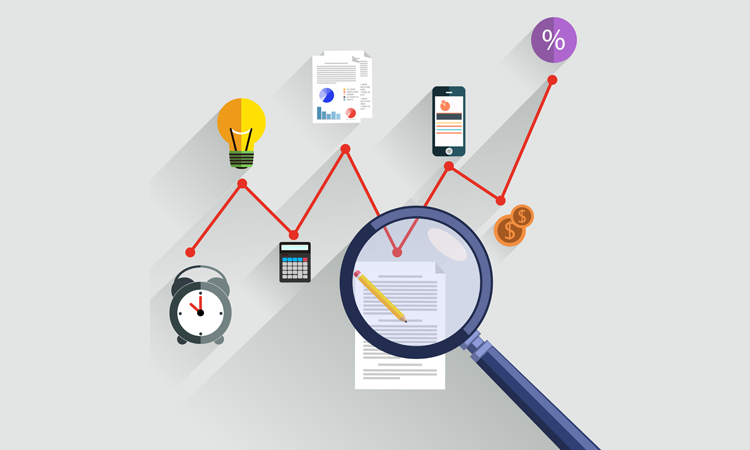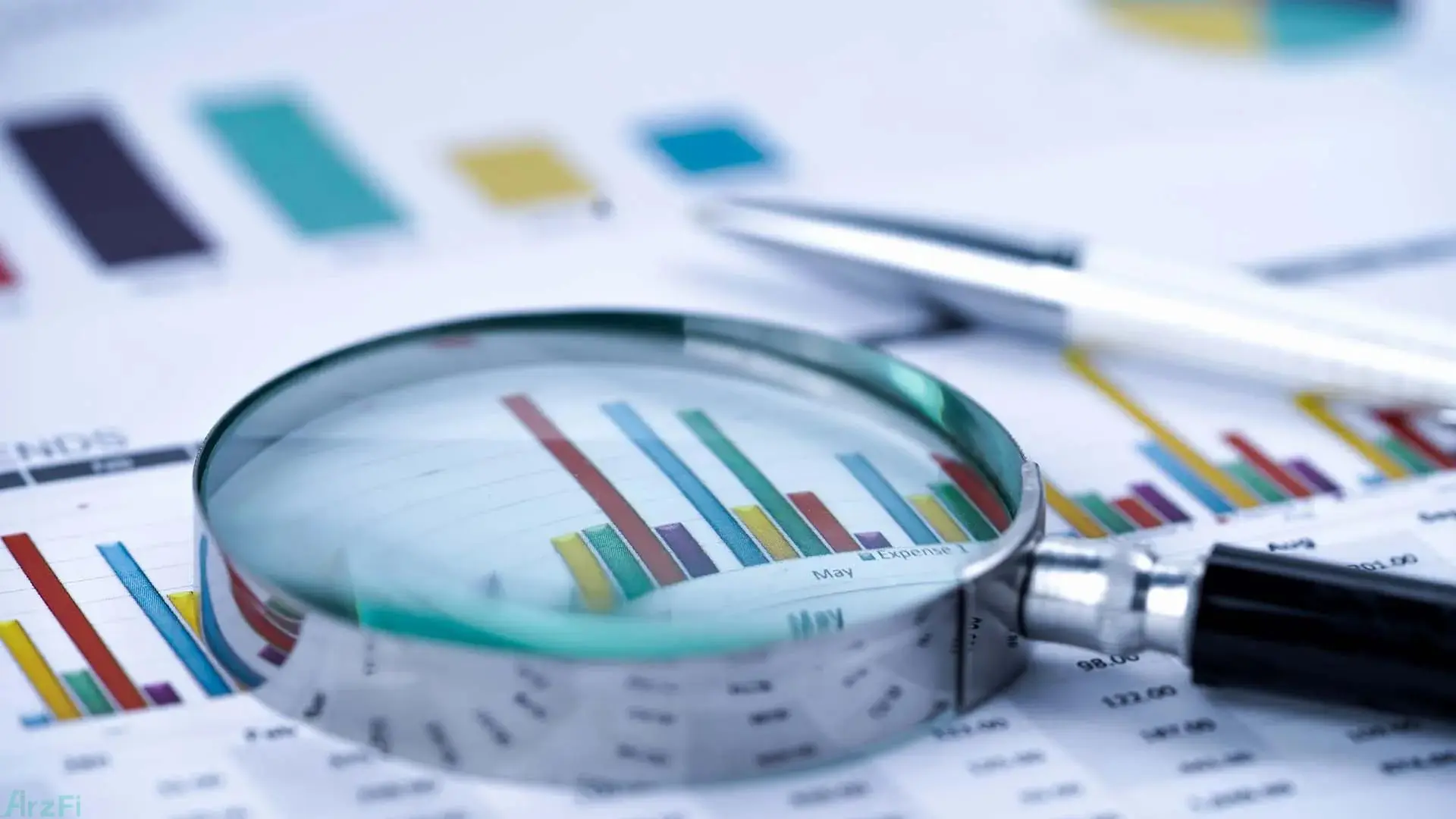The Forex market is one of the most dynamic and volatile financial markets globally, where different currencies are traded simultaneously. To succeed in this market, traders need analytical tools and methods to predict price fluctuations and make accurate trades. One of the crucial tools in this context is fundamental analysis, which plays a significant role in trading decisions. In this article from Toofan Trading Academy, we explore the role of fundamental analysis in Forex trading and explain its importance in achieving trading success.
What is Fundamental Analysis?
Fundamental analysis involves examining the economic, financial, and political factors that influence a currency’s value. This type of analysis helps traders understand the factors affecting the supply and demand of currencies and can generally determine the market’s direction. Fundamental analysis includes reviewing economic data such as Gross Domestic Product (GDP), interest rates, inflation, unemployment rates, trade balances, and governmental monetary and fiscal policies.
Learn more: What is the difference between fundamental analysis and technical analysis?
The Role of Fundamental Analysis in Trading Decisions
- Predicting Interest Rate Changes
One of the primary uses of fundamental analysis in Forex is predicting interest rate changes. Central banks use interest rates as a monetary policy tool to control inflation and stimulate economic growth. Changes in interest rates directly impact currency values. For instance, an increase in interest rates might strengthen a currency’s value as investors seek higher returns from that currency. Therefore, by analyzing economic data and monetary policies, traders can predict potential interest rate changes and base their trading decisions accordingly.
- Assessing Economic Indicators
Economic indicators are one of the main tools of fundamental analysis that help traders evaluate a country’s economic condition. Indicators such as unemployment rates, GDP, Consumer Price Index (CPI), and trade balances can signal whether an economy is growing or facing challenges. For example, rising GDP and falling unemployment rates indicate a strong economy, which could strengthen the currency of that country.

- Analyzing the Impact of Political Events
Political events like elections, government changes, and geopolitical developments can significantly affect the Forex market. Fundamental analysis assists traders in predicting the impact of these events on the market and adjusting their strategies accordingly. For instance, during periods of political uncertainty, a country’s currency may weaken as investors move towards safer currencies like the US dollar or Japanese yen.
- Evaluating Trade and Fiscal Policies
Fundamental analysis also involves examining a country’s trade and fiscal policies. Trade policies, such as tariffs and sanctions, can significantly impact international trade and, consequently, currency values. For example, if a country imposes high tariffs on imports, its currency value might increase as demand for domestic products rises. Similarly, fiscal policies, including changes in taxes and government spending, can have direct impacts on the economy and currencies.
Learn more: What is technical analysis?
- Risk Management
Fundamental analysis helps traders better manage the risks associated with their trades. By understanding the economic and political factors influencing the market, traders can anticipate potential risks and employ protective strategies like setting stop-loss orders or using hedging tools. This is particularly important during periods of high market volatility.
Combining Fundamental and Technical Analysis
While fundamental analysis alone can provide valuable market insights, combining it with technical analysis can help traders make more accurate trading decisions. Technical analysis focuses on examining charts and price patterns, helping traders identify optimal entry and exit points. By combining these two types of analysis, traders can gain a more comprehensive view of the market and optimize their trading strategies.
Challenges of Fundamental Analysis
Despite its importance, fundamental analysis comes with challenges. One of these challenges is that it is not always possible to predict the precise impact of economic and political events on the Forex market. Markets react quickly to new information, and the outcomes of fundamental analysis may differ from what actually occurs in the market. Additionally, fundamental analysis requires deep economic and political knowledge, which traders must constantly update.
Conclusion
Fundamental analysis is a crucial tool for making informed trading decisions in the Forex market. This type of analysis helps traders predict currency values by examining economic, political, and financial factors, enabling them to select appropriate trading strategies. However, success in using fundamental analysis requires deep knowledge and experience, and traders must always be prepared to adapt to rapid market changes. Combining fundamental analysis with technical analysis can help traders gain a more holistic view of the market and make better decisions.

Leave a Reply